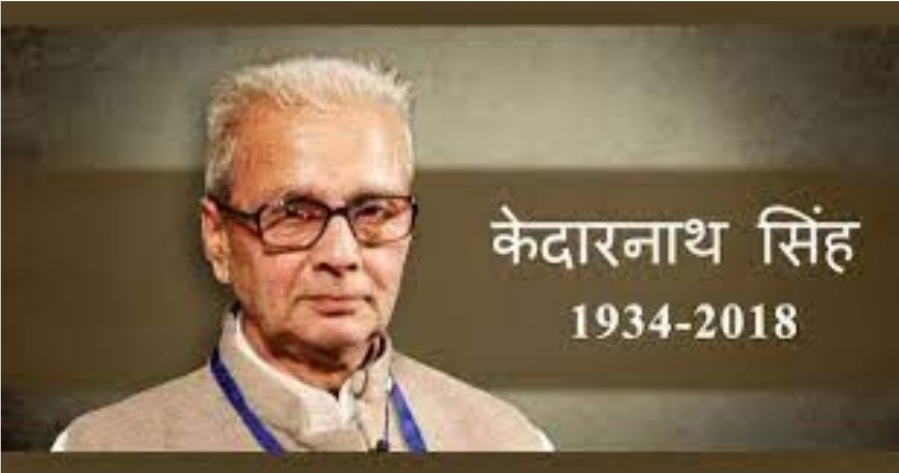DALITS-THE NEGROES OF INDIA?
MARTIN LUTHER KING.JR
Blacks are discriminated on the basis of their colour and so are Dalits. Nevertheless, a group of scholars tend to ignore the prejudice against Dravidians on the basis of their skintone. Dalits and Blacks share similar disparaging experiences and are forced to face the same bane. This statement can be validated by the examples of Ambedkar and Martin Luther King Jr, the demi gods of the respective sections. Ambedkar and Martin Luther King Jr dedicated their entire lives for the progress of their corresponding communities. Both were men of immense intellect and unrestrainable zeal. The oppressive crises encountered by the duo had certain similitude. Education which is the sole emancipatory force of every subaltern community is not accorded to them for free in their respective countries. Ambedkar had to encounter deprecatory circumstances during his schooling in India and Luther King was only permitted to get educated in institutions established by Afro-Americans. They were not sanctioned the exhaustive use of resources provided by the State. Yet they succeeded in becoming the voice of the voiceless. The lives of the twain -Ambedkar and King were marred by caste and race respectively. Educated intellectuals have always been adjudged as a threat to the exploitative State which has always been white- upper class and upper caste. Dalits who have internalized the archaic oppressive norms of The Vedas can seldom get liberated from the clutches of tradition facilely. Thence, they might not garner enough momentum to fight against the oppressors. Ambedkar’s exposure to Western education prompted him to combat caste perpetrators rigorously. Likewise, Dr.Yengde and Yashica Dutt are able to fight the oppressors only because they were western educated and got exposed to disparate issues like that of race,gender and capitalism. Globalization and international relations have helped them to embody a cosmopolitan identity.
Dr.B.R.Ambedkar
Dalit scholars with subversive potentials are less likely to thrive in India which can be justified with Rohith Vemula’s experience. Rohith Vemula was one such gem of a Dalit who was kicked out of the class by a teacher for raising doubts which he was not equipped enough to explain. Rohith proved to be a laudable scholar and researched on the nexus between technology and Social Sciences. In a call Rohith had with his friend Riyas, a week prior to his unfortunate demise, the late scholar went on reiterating the pertinence of his research in creating the social change he envisaged. Education is not just a degree accumulating endeavour for Dalit academics, rather it is a pathway towards their ideal of Egalitarian India. Vemula tried to fight caste oppression in India and became a sacrifice at the altar of the Caste monster. Yengde and Dutt went abroad and created alliances among various subalterns and fought caste system alongside other societal evils. When we juxtapose the experiences of Blacks and Dalits, there arises a problem which every researcher should attempt to explore. Blacks manage to thrive and succeed in their nations while Dalits were not able to create a similar epoch within their motherland. Dalit revolts get contained and co-opted without much resistance, unlike Black resistance. Yet, the intersections of Caste, Class, race and gender have framed a universal identity in Dalits and made them succeed as citizens of the world or cosmopolitans.
The reason behind Blacks like Martin Luther King getting educated and succeeding in their own motherland is owing to the presence of Afro-American Community which fervently defies the purity of American white blood. Therefore a part of America will always be compliant to help blacks succeed. But this sort of a community is wanting in India. This can only be ensued by materializing Amedkar’s ideal of inter marrying and producing a hybrid generation who would work for the advancement of Dalits. Dutt, being a journalist talks about this problem being evident in News Rooms. She recounts an incident of a black martyr Till, whose news was covered by a few Black Magazines. White Magazines of mainstream strained every nerve to distort this news and stop it from getting published. But the Blacks had the support of black churches and other influential comrades. She also asserts that India is devoid of such an amiable society and therefore, magazines published by Ambedkar had no such support and this is one of the reasons why Dalit Publications did not come out as revolutionary as expected. She also talks about Black activists who were able to combat racism triumphantly.These experiences of Blacks who succeeded in thwarting oppressive forces gave impetus to Dalits to question the tyrannical forces at home and emerge victorious. Dr.Yengde worked towards the liberation of every oppressed group by creating alliances among them. He is a perfect leader of bahujan masses, who according to him include, the blacks, dalits and exploited people all over the world. Dr.Yengde’s concept of liberation surpasses the narrow confines of caste, class,race and gender and becomes an all-encompassing idea. He says,”Dalits can echo other oppressed voices which are suffering under similar dogmatic oppressions.”(Yengde 85) Dalits have taken inspiration from other movements and have also helped other sects get liberated. Progress seldom betides in India, where the stigma attached to caste perpetuates to torment dalits. As envisioned by Ambedkar, the professed sanctity of caste should be obliterated and a community of hybrid individuals who work for the progress of Dalits should be ensued. This can most likely create a casteless society.
-Santhwana Thomas






Comments
Post a Comment